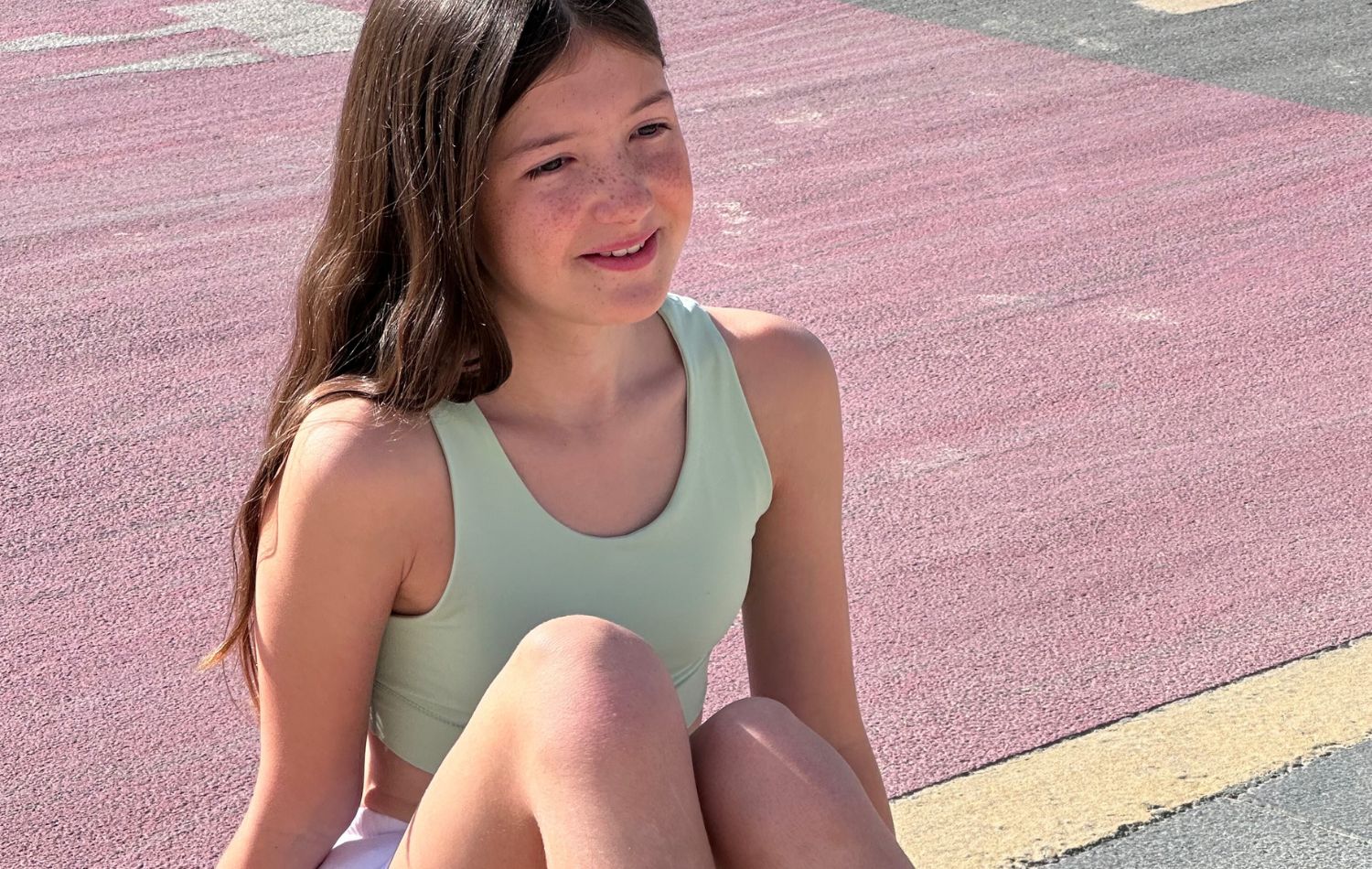Sleep is crucial for the growth and well-being of children and teenagers. However, studies show that many kids struggle to get enough sleep, which can negatively impact their physical and mental health.
In recent decades, the average sleep time for children has decreased due to later bedtimes, often linked to family scheduling challenges when both parents work, as well as new evening activities. Sleep specialists are concerned about the consequences of sleep debt, as it appears to have serious effects on children's health.
It's essential to help your children and teens improve their sleep so they can succeed in school and enjoy life to the fullest. Here are some practical tips to help your kids get better rest:
Establish a Consistent Sleep Routine
The first step is to establish a consistent sleep routine. This means going to bed and waking up at the same time every day, even on weekends. As much as possible, create a calm and relaxed atmosphere before bed by avoiding stimulating activities like screen time on computers or phones. Consider implementing a "no phone/tablet policy" in bedrooms or sleep areas.
You can download your "No Phone Zone" sign here: No Phone Zone Printable, or encourage your kids to make their own!
Encourage Physical Activity
Physical activity is a great way to promote both physical and mental health (and we at Bloomy can't stress this enough!). When your kids are active during the day, it can help them sleep more deeply at night. Find ways to encourage physical activity, whether through family outings or by supporting their participation in sports.
Avoid Stimulants Before Bed
Stimulants like caffeine can make it harder to fall asleep. It's important to limit or avoid consuming caffeinated drinks or foods, preferably at least four hours before bedtime. Sugar and complex carbohydrates can also affect sleep, so try to choose healthier, more nutritious snacks in the evening.
Create a Comfortable Sleep Environment
A comfortable sleep environment can make a big difference. This means having a supportive mattress, cozy bedding, a pillow that suits their preferred sleeping position, and an ideal room temperature (around 18 degrees Celsius). You might also consider soothing background noises like rain or ocean waves to help your kids relax.
Remember, getting enough sleep is essential for their growth and well-being, so take the time to implement these tips and help your child enjoy peaceful, restorative sleep.
“Sleep is the best meditation.” — Dalai Lama “A good laugh and a long sleep are the best cures for anything.” — Irish Proverb









